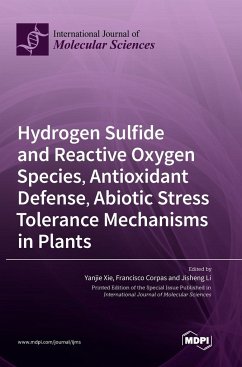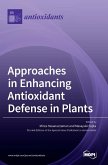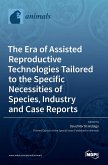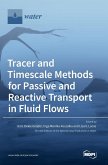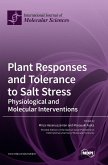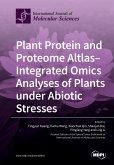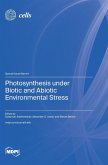Hydrogen sulfide (H2S), which was previously considered to be toxic, is now regarded as a burgeoning endogenous gaseous transmitter. H2S plays a vital role in the mechanism of response/adaptation to adverse environmental conditions as well as crosstalk with other signaling molecules, including ROS, by affecting the corresponding gene expression and subsequent enzyme activities. Both H2S and ROS are potent signaling molecules that can provoke reversible and irreversible oxidative post-translational modifications on cysteine residues of proteins such as sulfenylation or persulfidation, affecting the redox status and function of the target proteins. The dynamic interplay between persulfidation and sulfenylation occurring on cysteine residues is of great importance in response to environmental changes. The present Special Issue of IJMS has the aim of providing the most current findings on the function of signaling molecules, including H2S and ROS, in higher plants, and it is open to different types of manuscripts, including original research papers, perspectives, or reviews where either ROS, H2S, or related molecules could be involved at the biochemical or physiological levels.
Hinweis: Dieser Artikel kann nur an eine deutsche Lieferadresse ausgeliefert werden.
Hinweis: Dieser Artikel kann nur an eine deutsche Lieferadresse ausgeliefert werden.

